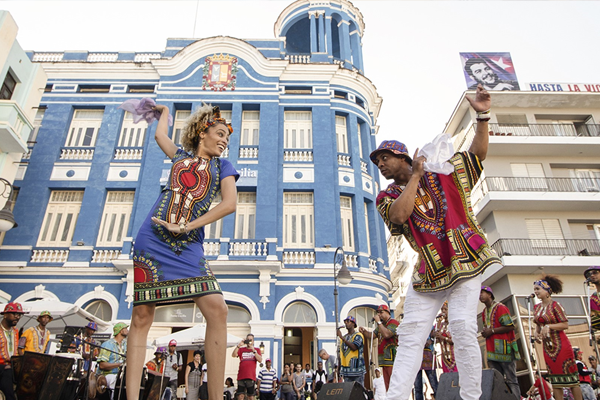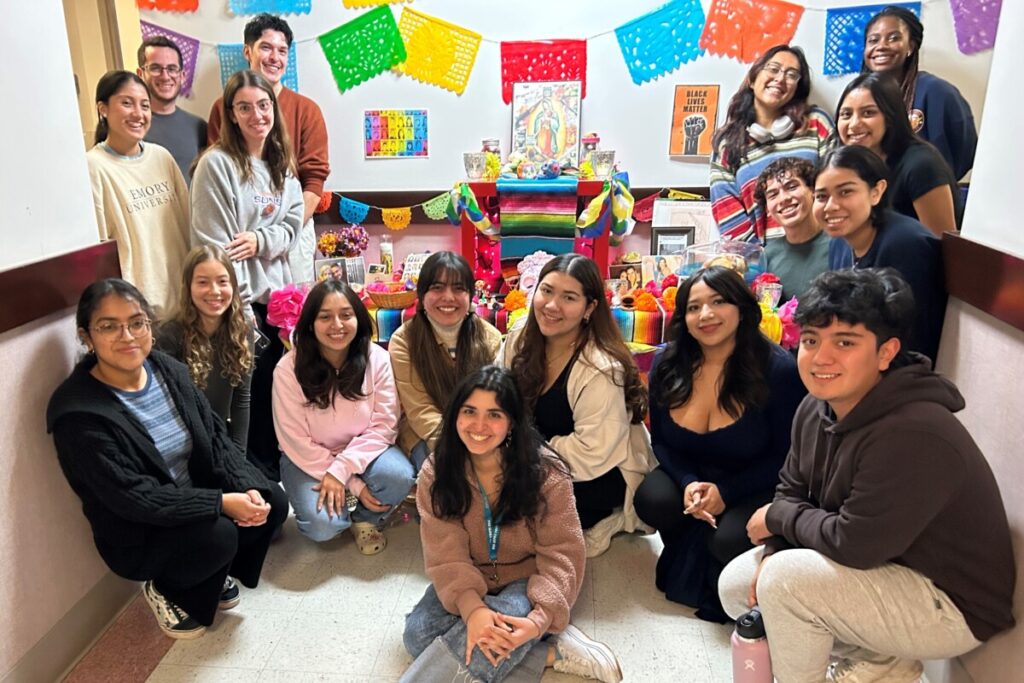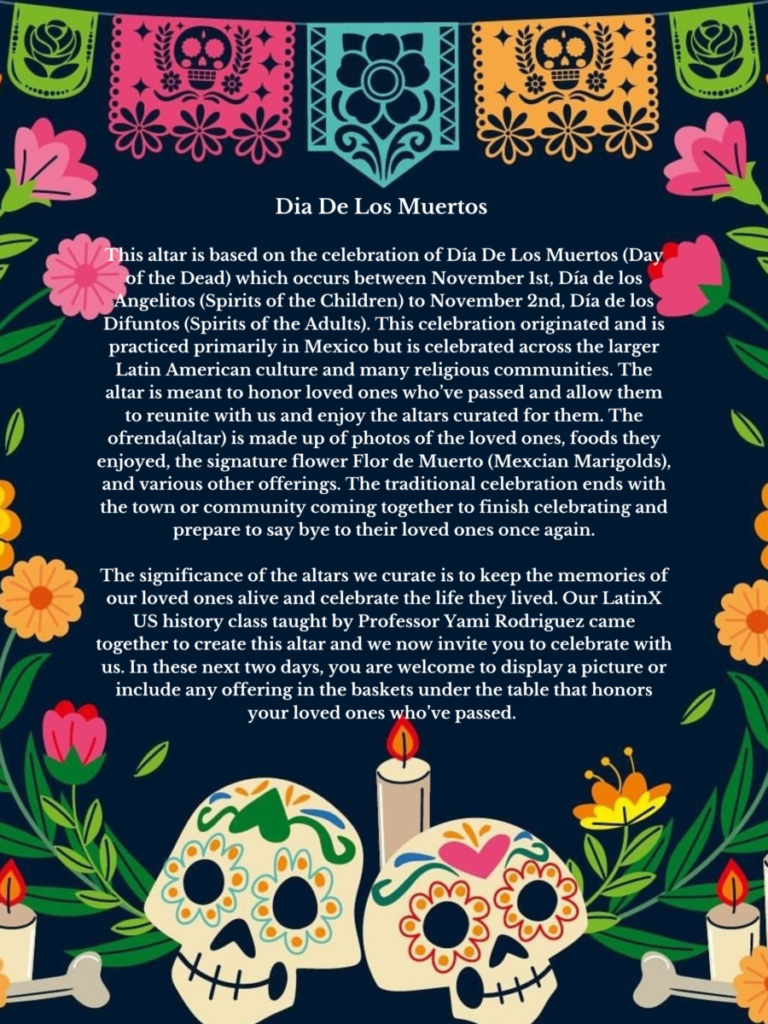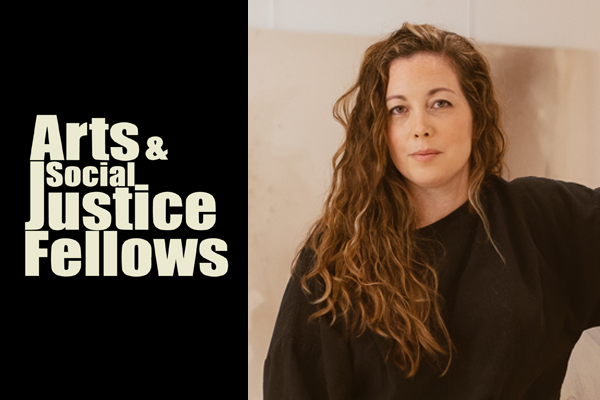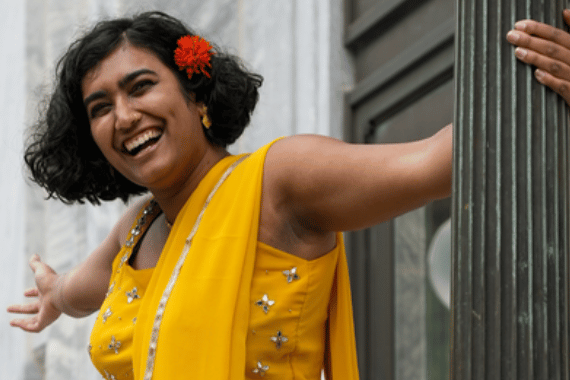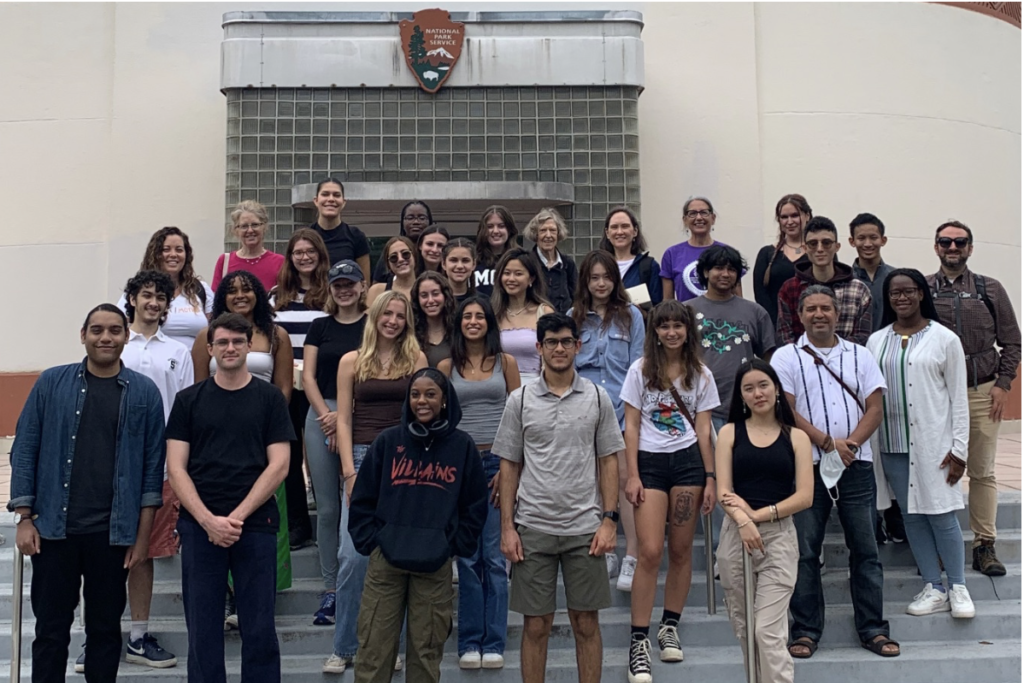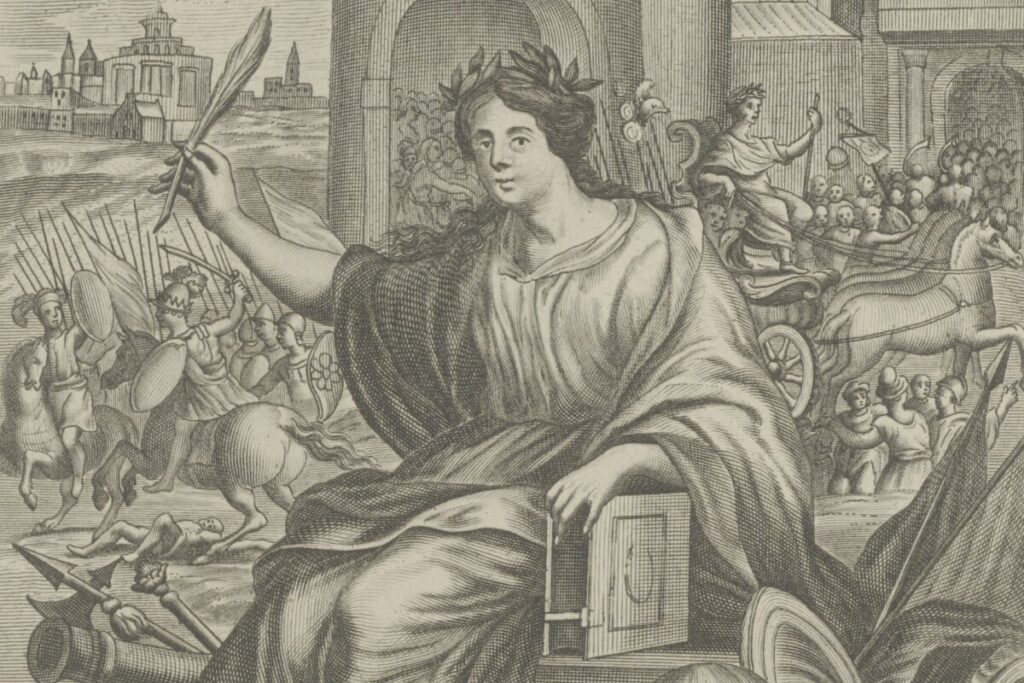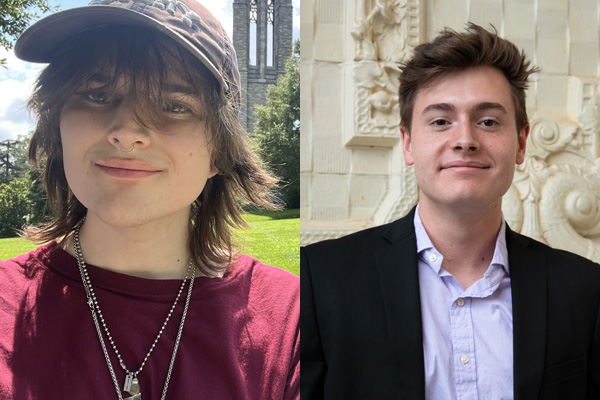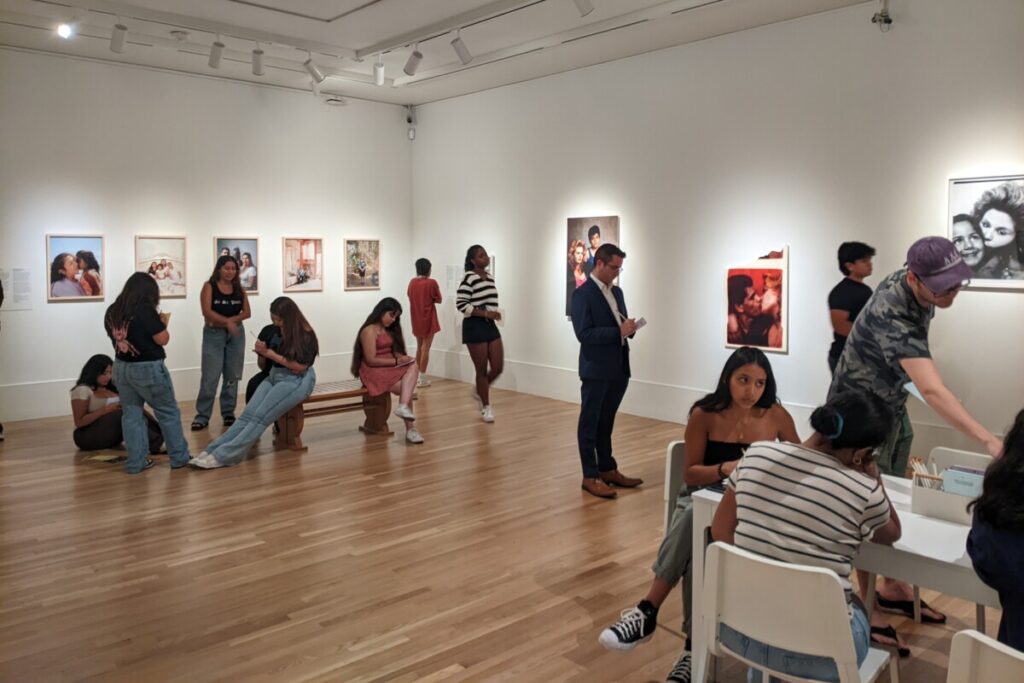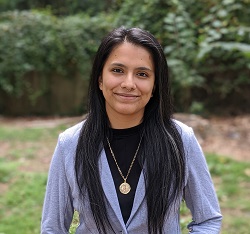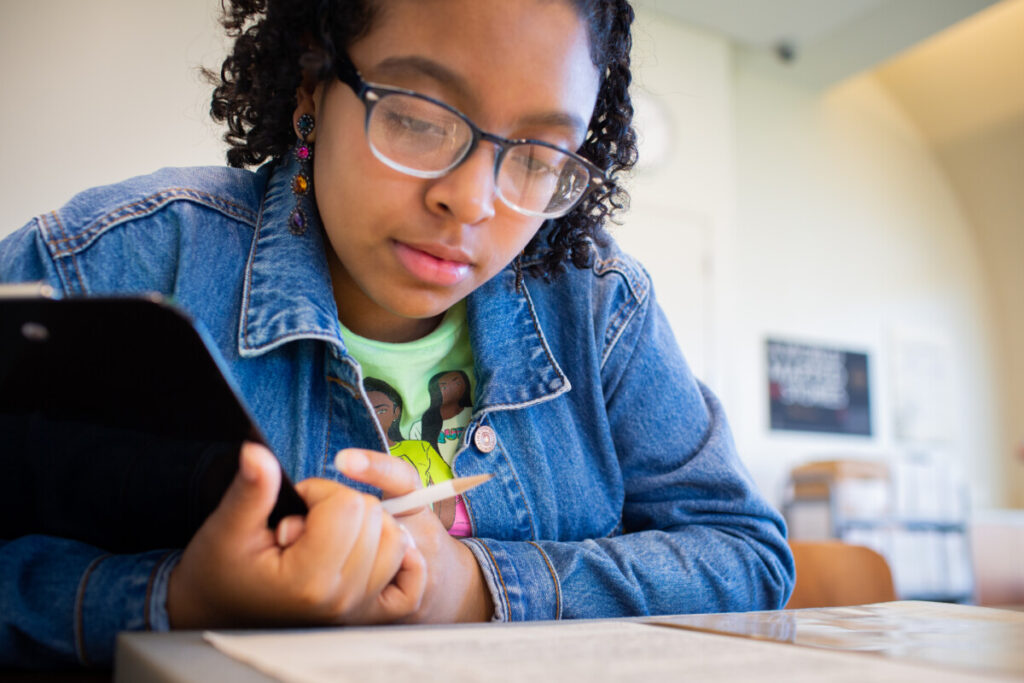
Through the generous support of donors, the History Department is pleased to offer multiple funding opportunities for undergraduates in the summer of 2024 to pursue research, study, or experiential learning in the United States or abroad. Students graduating in the fall of 2024 or spring of 2025 are eligible. Applications should include a faculty letter of recommendation and be submitted electronically to Becky Herring by 4pm on March 4. Browse a summary of our funding programs below, and find more details on the Undergraduate Research section of our website.
- The Loren & Gail Starr Award in Experiential Learning: The Undergraduate Studies Committee hopes to fund up to *5* experiential learning projects proposed by History majors or minors with junior or senior status. The awards, which can range from $500 to $3,000 each, are intended to support students who wish to use the knowledge & skills they have acquired in history courses to create or participate in projects in settings outside of the classroom. The committee seeks proposals from students that are bold, creative, & off-the-beaten path. The only rule is that engagement with the past be central to the experience undertaken by the student.
- George P. Cuttino Scholarship for Independent Research Abroad: The Cuttino Scholarship is offered annually to rising senior history majors or joint majors in Emory College. The scholarship provides for a summer of research and travel abroad between the students’ junior and senior year. The stipend may be up to $10,000. All junior history majors and joint majors in Emory College with a cumulative G.P.A. of 3.0 or above are eligible. Early in the spring semester (normally mid-February) a notice with deadline for submission of Cuttino Scholarship applications to the Director of Undergraduate Studies is issued. The Cuttino Scholarship recipient is selected by the Department of History Undergraduate Committee.
- George P. Cuttino Fellowship for Summer Programs Abroad: The Cuttino Fellowships for Summer Programs Abroad are offered annually to rising senior history and joint history majors in Emory College for study outside the United States in a summer study program. Priority is given to students enrolled in Emory Study Abroad programs. Several awards are given each year and can be as much as $4,000 each. The recipients of the fellowships must provide documentation of enrollment in an academic summer study abroad program in order to receive the awarded funds. Upon returning to Emory in the fall, the recipients must also provide documentation of their successful completion of the summer study program.
- Theodore H. Jack Award for Independent Research in the US: The Theodore H. Jack Award is offered annually to an Emory College history major or joint history major who has attained senior status (75+ credit hours) at the time of the award. It provides modest funds for summer research in the United States outside the city of Atlanta on topics that deal in whole or in part with American history. It is expected that recipients will use the award to research an honors thesis, though students not in the honors program are welcome to apply.
- James L. Roark Prize for Independent Research in the US: The James L. Roark Prize will be awarded annually to advanced undergraduate History majors (75+ credit hours). The award will provide funds for undergraduate research in American history to be conducted within the United States over one summer.Recipients will be expected to use the prize towards research for an honors thesis, or a similarly significant research project.
- Bell I. Wiley Prize in U.S. History for Independent Research in the US: The Wiley Prize is offered annually to an Emory College history major or joint major who has attained senior status (75+ credit hours) at the time of the award. It provides funds for summer travel within the United States outside of the city of Atlanta in support of innovative research in the history of the United States. It is expected that recipients will use the award to research an honors thesis, though students not in the honors program are welcome to apply. All history and joint history majors with senior status in Emory College and with a cumulative G.P.A. of 3.0 or above are eligible.
